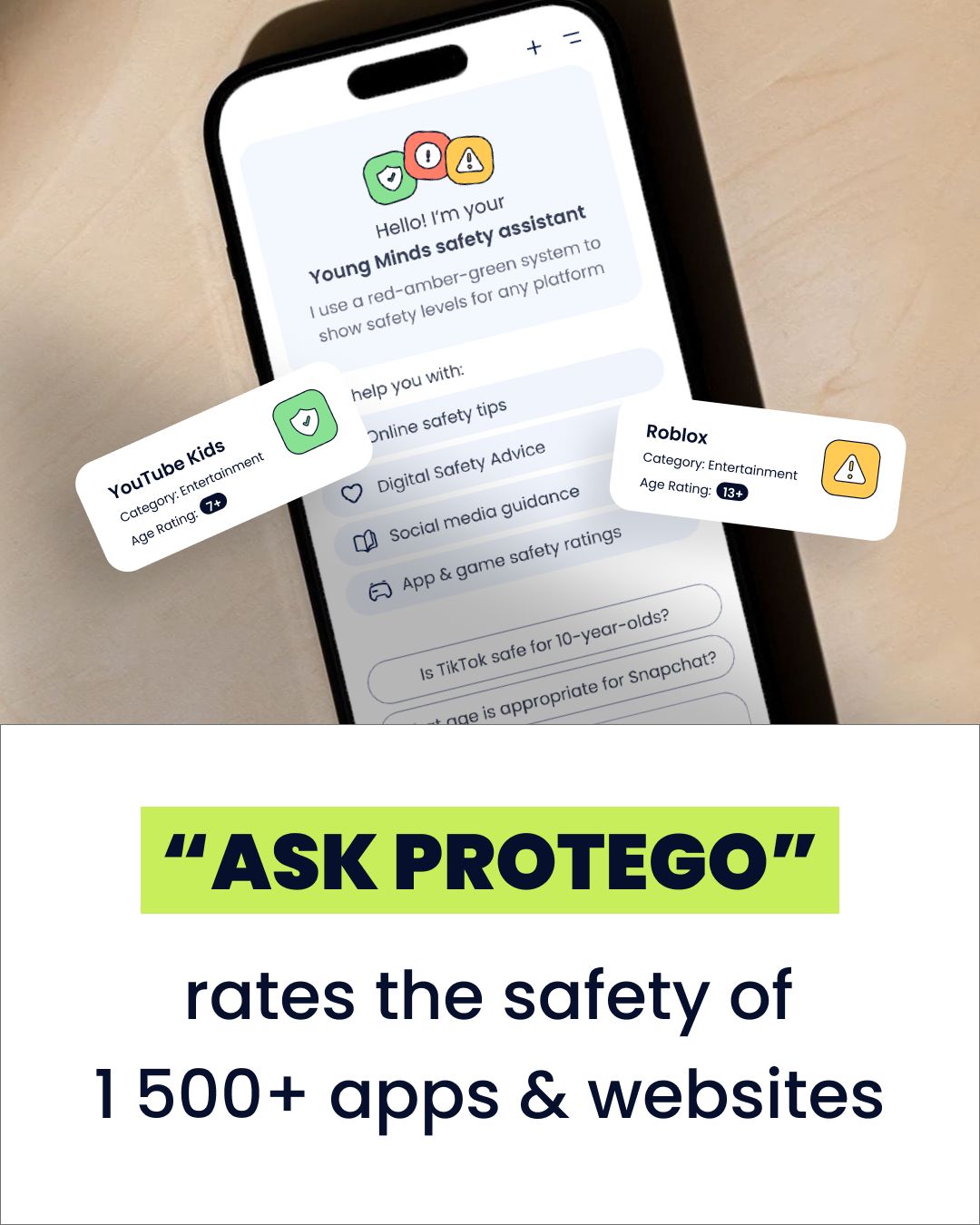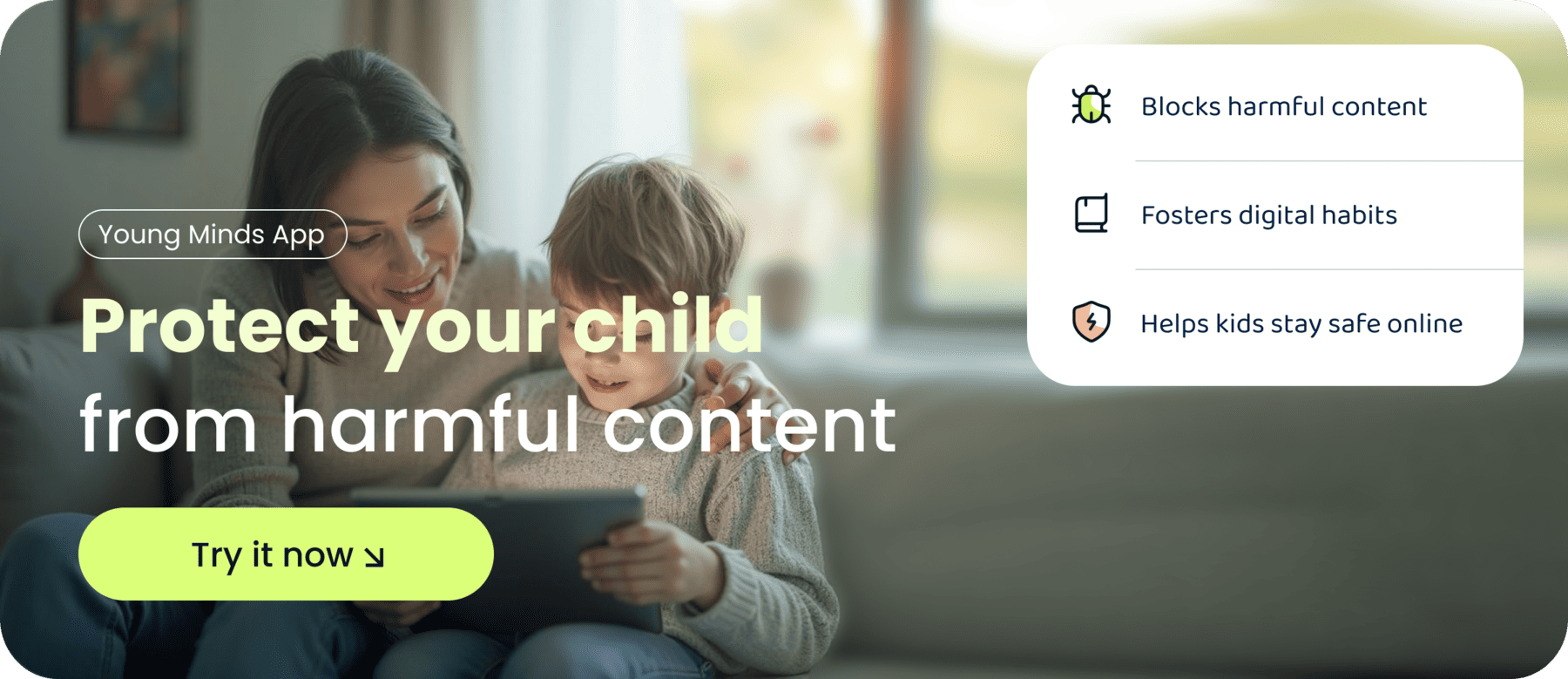What Parents Need to Know About Coverstar and Kids’ Safety
You’ve probably heard of it. Coverstar — the latest video-sharing app trending among tweens.
Maybe your child asked to download it. Or you’ve seen parents discussing it on Mumsnet, PTA WhatsApps, or Facebook parent groups.
As with every new app, parents are left asking:
"Is it safe?"
"What kind of content is on there?"
"Should I allow it?"
This guide will walk you through what Coverstar is, how it works, what risks it poses, and how to approach it as a modern, informed parent—with digital wellbeing, not just control, in mind.
What Is Coverstar?
Coverstar is a social video platform where kids create and share short music-themed videos—singing, dancing, lip-syncing, and performing. Think TikTok, but marketed as a safer space for under-16s.
Key Features:
- Music video creation (licensed popular tracks)
- Duets and talent challenges
- No public comments — “cheers” (likes) only
- Daily content contests
- Parental consent required (but loosely enforced)
The Good, The Concerning, and The Grey Areas
What’s Good:
- No comments or DMs: This significantly reduces trolling, bullying, and unsolicited messages.
- Moderated content: The app uses human and AI moderators to flag inappropriate material.
- Designed for kids: Bright UI, simple UX, and positive reinforcement features (stars, rewards).
- Creativity first: The app promotes fun, expressive content creation over passive scrolling.
What Raises Concerns:
- Public by default: Unless changed, all videos are viewable by anyone.
- Follower-based system: Encourages children to chase attention, which can impact self-esteem.
- Age gating: Claims to be for 12+, but there’s no robust age verification.
- Limited transparency: Privacy policy lacks clear language for young users and parents.
- Screen time creep: High engagement features can lead to overuse.
Understanding the Deeper Risks
Experts consistently describe Coverstar as a safer, more controlled environment than TikTok—especially for younger users. Its no‑DM policy, moderated content, and parental verification lend it a safety edge.
However, it’s not risk‑free. Concerns around pressure to perform, addiction to likes, ads, and lack of time‑management tools persist — meaning active parental guidance remains essential.
Parents often ask: “But if there are no comments or chats, what’s the harm?”
Digital safety isn’t just about predators or explicit content. It's also about:
Mental Wellbeing
- Children may begin tying self-worth to likes and performance.
- Competitiveness and comparison can quietly erode confidence.
Digital Footprint
- Public videos stay online unless actively removed.
- Once content is shared, even by children, it can be screen-recorded or misused.
Boundary Testing
- As kids gain digital independence, Coverstar may become a stepping stone to more open platforms (TikTok, YouTube Shorts).
- Without guidance, they may mimic riskier trends or push limits to gain popularity.

A Parenting Approach That Works in the Long-Term
At Young Minds App, we don’t believe in blanket bans.
We believe in digital readiness, teaching kids how to navigate online spaces safely and responsibly.
Here’s how to do that with apps like Coverstar:
1. Start with Curiosity, Not Control
Ask: “What do you like about Coverstar?” or “Can you show me your favourite videos?”
Lead with connection. Not suspicion.
2. Set It Up Together
- Turn on private profiles
- Disable location permissions
- Review content together regularly
- Agree on what’s okay to post (faces, names, uniforms = red flag )
3. Create a Routine Around It
Use tools like Study Mode, Reward Points, or Screen Budgets (features in the Young Minds App) to set screen-time boundaries that feel fair, not punitive.
4. Teach What ‘Safe’ Looks Like
Coverstar is a great opportunity to talk about:
- What’s okay to share online
- How to spot red flags
- Why followers ≠ friends
5. Keep the Door Open
Let your child know they can always come to you if something feels uncomfortable, without fear of being banned from the app.

What This Teaches Your Child
Done right, using apps like Coverstar can build:
- Digital literacy: spotting safe vs. unsafe content
- Self-awareness: understanding the impact of posting online
- Resilience: navigating praise and criticism without losing confidence
This is how we move from control to coaching—and raise children who thrive online.
Final Word from Young Minds
Apps change. Habits last.
Coverstar may fade, but your child’s approach to digital life is just beginning.
Don’t fear their curiosity—guide it.
With the Young Minds App, UK parents can manage time, build routines, and open conversations that prepare children for a digital world—not shield them from it.
Want Support Managing Coverstar & Other Trendy Apps?
Download Young Minds App – the UK’s most thoughtful digital parenting platform.
Smart safety. Lifelong skills. Peace of mind.
Parents also ask:
Is the Coverstar app safe?
Mostly safe—with the right parental guidance.
Coverstar is widely seen as a safer alternative to TikTok for children aged 9–16. It removes many high-risk features found on other platforms: there are no private messages, no comments, and content is moderated by both AI and humans.
That said, it's not risk-free:
- Videos are public by default unless changed in settings.
- Like-based systems can still fuel comparison and performance pressure.
- The app lacks robust in-app parental controls or screen-time management.
It’s safer than TikTok, but active parental involvement is still key. Tools like Young Minds App can complement it by creating routines, setting usage limits, and encouraging meaningful conversations.
Is the Coverstar a Chinese app?
Coverstar is based in the United States and developed with a focus on COPPA compliance (the Children’s Online Privacy Protection Act), which governs child data handling in the US. It is not affiliated with ByteDance (TikTok’s Chinese parent company) and does not operate under Chinese ownership or infrastructure.
Parent tip: Always check an app’s privacy policy and developer info, both of which are publicly listed in the App Store and Google Play.
Do you have to pay for Coverstar?
No, the app is free to use, but there are in-app purchases.
Coverstar can be downloaded and used for free. However, the app offers paid features such as:
- Premium rewards or stars
- Entry into sponsored talent contests
- Profile customisation or perks
Note for parents: Children can make in-app purchases using linked app store accounts, so it’s smart to restrict spending permissions or use app store parental controls.
What age should you get Coverstar?
Recommended: 12+, with parental support.
Coverstar’s official age minimum is 12 years old, and it complies with global child safety laws like COPPA. However, many children under 12 have downloaded the app by bypassing age gates.
We suggest:
- 12+ with guided use is appropriate.
- Under 12 should only use the app with parental co-setup and active monitoring.
- Start with a private profile, limited sharing, and co-watching to build safe habits.
Remember: It’s not just about the age—it’s about the readiness to use social video platforms responsibly.





